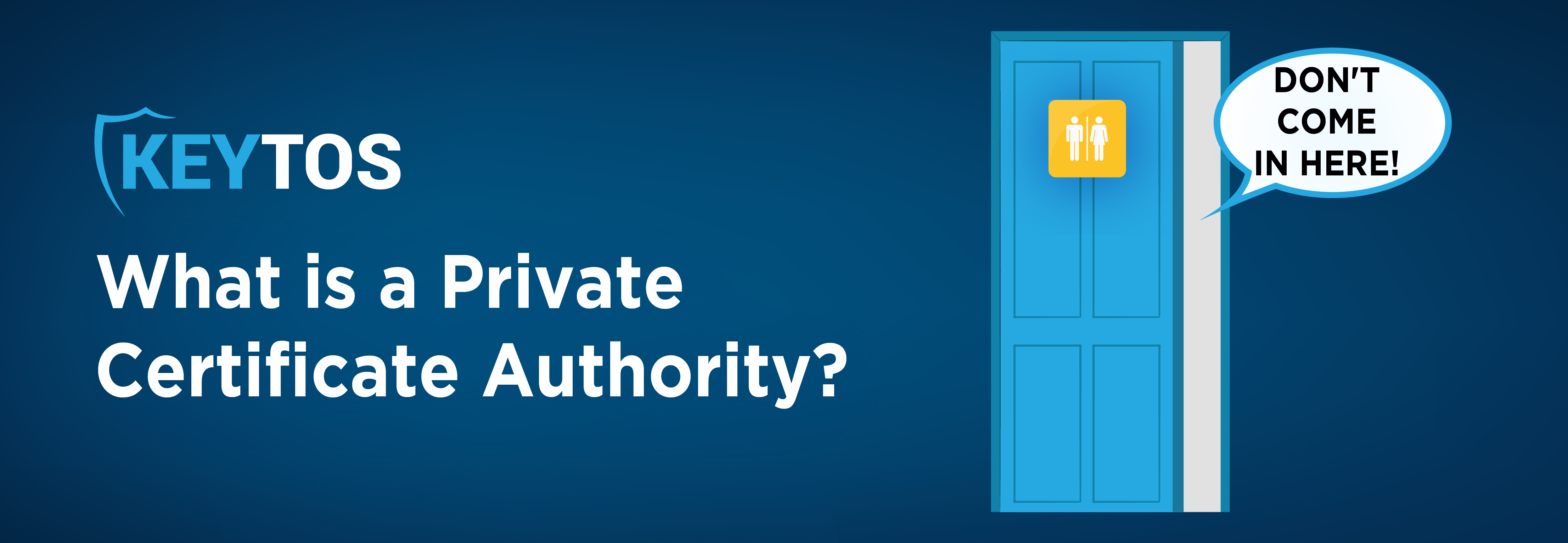
What is a Private Certificate Authority?
What is a Private Certificate Authority?
A Private CA refers to an internally-generated Certificate Authority, specific to an organization. For devices to trust this, the certificate chain has to be deployed to them via methods such as group policy, Mobile Device Management (MDM), or manual implementation. Dive into our documentation to explore the steps to distribute private trusted certificates to devices.
These Private CAs are predominantly employed for internal certificates, ensuring that the certificate doesn’t require external party validation. Typical applications of a private CA encompass internal websites, application, user, and device authentication.
SSL Certificates for Internal Usage
Public CAs are apt for public websites; however, numerous organizations manage sites that are exclusive to their intranet. Given that these domains are restricted to the company’s internal network, public CAs cannot validate them. Private CAs, on the other hand, authenticate the server, ensuring it has adhered to the issuance requirements set by the organization and established a secure, encrypted connection. Check out our blog on Public vs Private CAs to learn more about what else separates these two certificate authorities.
Application Authentication via Certificates
Private CAs can significantly enhance security and reliability in application authentication. While using self-signed certificates and relying on thumbprint is a potential method, it isn’t typically recommended due to its inherent drawbacks, such as the inability to rotate the certificate. Private CAs facilitate subject name validation, ensuring the subject name aligns with a specific value, like application name or ID, and confirming it’s issued by a trusted authority. With the burgeoning Internet of Things (IoT) landscape, wherein managing certificate lifecycles for millions of devices manually becomes impracticable, authentication at this scale has grown in significance.
User Authentication through Smartcard Certificates
To forge unphishable credentials, assigning each user a certificate for authentication towards Active Directory and Cloud Services is optimal. Achievable through PIV authentication or certificate-based authentication in Azure Active Directory, these methods utilize a certificate authority trusted by the Active Directory to issue a certificate embedded with the user’s User Principal Name (UPN). This enables users to authenticate to resources effortlessly without memorizing intricate passwords while securing the user’s identity through cryptographic-based authentication.
Utilizing PKI Certificates for Device Authentication
A primary application of private CAs involves issuing internal authentication certificates for users and devices, facilitating their authentication into Virtual Private Networks (VPNs) and Wi-Fi networks. Commonly, mobile device management (MDM) tools, like Intune, issue these certificates. Refer to our blog to explore deploying certificates via Intune SCEP.


